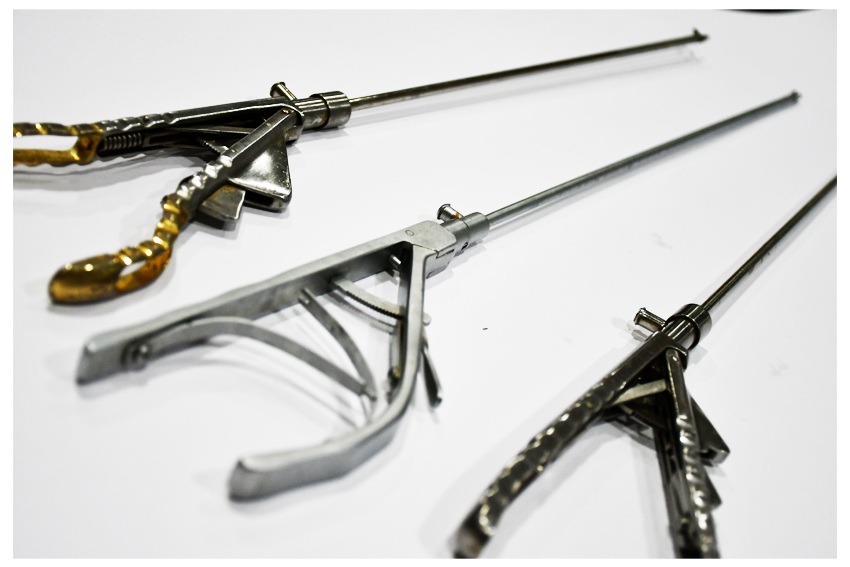What is Appendicitis
An inflammation to the appendix is termed as Appendicitis. Appendix is a worm-like organ, about 3.5 cm long, that extends from the junction of large and small intestine.
General Symptoms of Appendicitis
The Initial Symptoms of Appendicitis are
A dull aching pain starts near the naval area
Mild Fever
Vomiting
The Later Symptoms of Appendicitis are
Pain more localized in lower right abdomen
Pain becomes more intense and catchy
High Fever
Vomiting
White cell count increases because the body is fighting infection
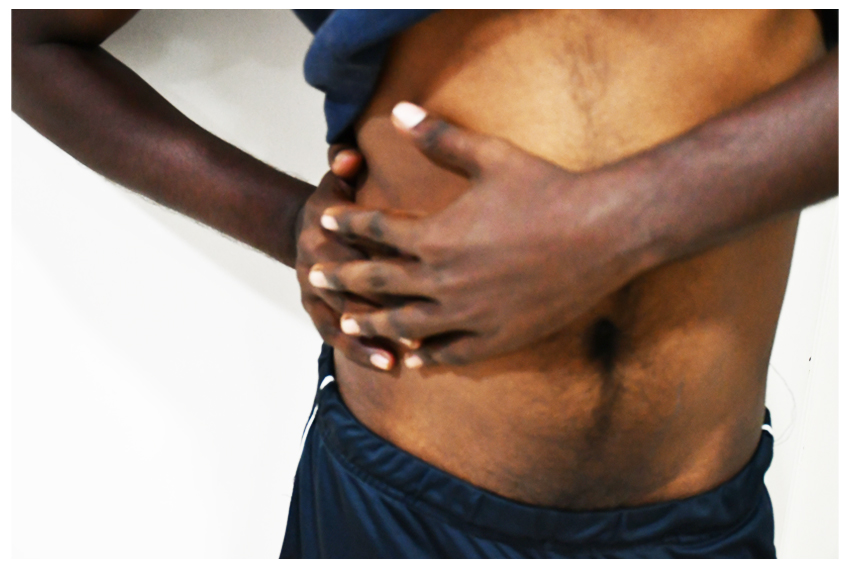
Causes of Appendicitis
It is widely believed that an obstruction to the lumen of the Appendix causes Appendicitis. The obstruction to the lumen may be partial or complete. The obstruction is generally caused by the faecal matter which accumulates inside the appendix.
Sometimes a gastrointestinal infection can affect the appendix. This type of infection of the appendix is termed as secondary appendicitis because the primary infection is somewhere else. The infected appendix can get inflamed as a result.
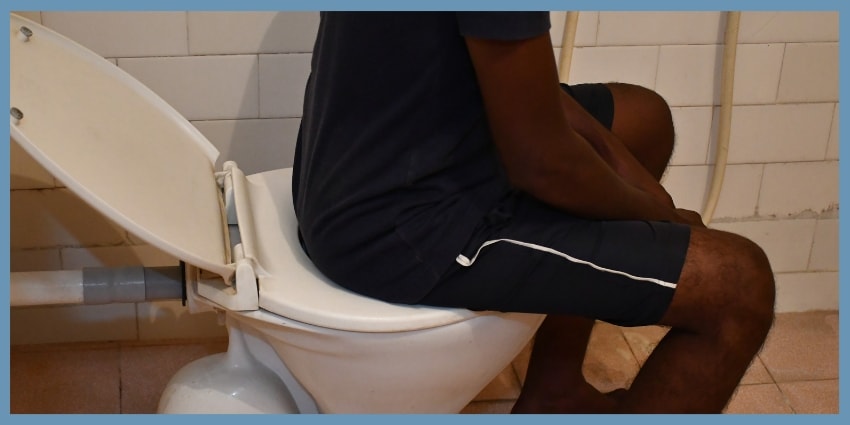
Risk Group of Appendicitis
People between the age of 10 to 30 are more vulnerable to appendicitis.
People with constipation and subsequent fecal impaction are at higher risk to develop appendicitis.
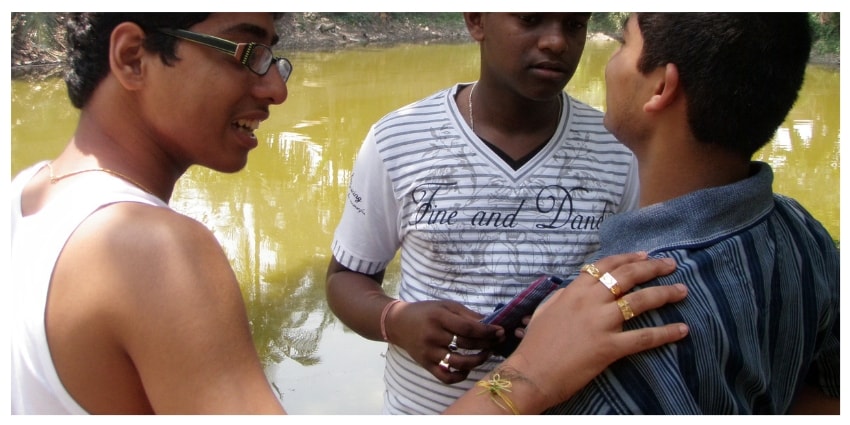
Complications of Appendicitis
Rupturing of the wall of appendix. Check for a detailed write-up of rupturing of the appendix
When infection spread it can lead to Peritonitis. Check for a detailed write-up of Peritonitis due to a ruptured wall of the appendix.
Abscess
Septicaemia

Diagnosis of Appendicitis
Appendicitis can be diagnosed by a well-experienced physician through a physical examination.
If the physician suspects appendicitis, the physician would definitely refer you to an experienced GI Endo Surgeon.
The GI surgeon would do another round of physical examination first. If the GI surgeon suspects appendicitis the surgeon would recommend Ultrasound or CT Scan to confirm the same. The Ultrasound or CT scan comes in handy to assess if the appendix wall has ruptured.
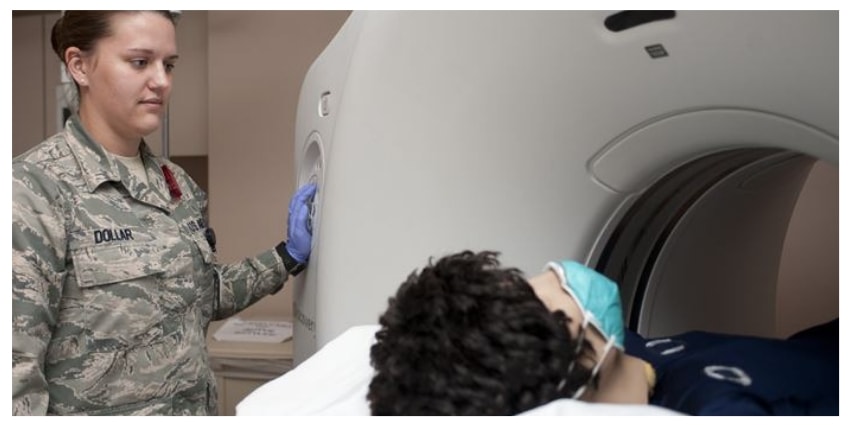
Non-Surgical Medical Treatment for Appendicitis
An early stage of appendicitis can be treated with simple antibiotics. However the risk remains. Whether the surgery is required or not is decided by a qualified gastro surgeon. The surgeon recommends appendix removal surgery only after assessing the patient.

Surgical Treatment for Appendicitis
If the appendix has inflamed and there is no rupturing to the wall of the appendix, the GI surgeon would simply severe or remove the appendix from the body. The appendix removal surgery or appendectomy are performed by laparoscopic surgical procedures. They are less painful, simple and heal much faster.
However, if the wall of the appendix has ruptured, the GI surgeon makes laparoscopic incisions to the abdomen and first cleans the abdomen of the leaked matter. The GI surgeon ensures if the leaked matters are thoroughly clean with the camera fitted in the laparoscopic instruments.
The GI surgeon then proceeds to remove the ruptured appendix from the body. After the appendix removal surgery or appendectomy is done, the patient is administered antibiotics as prescribed to completely cure the infections.
